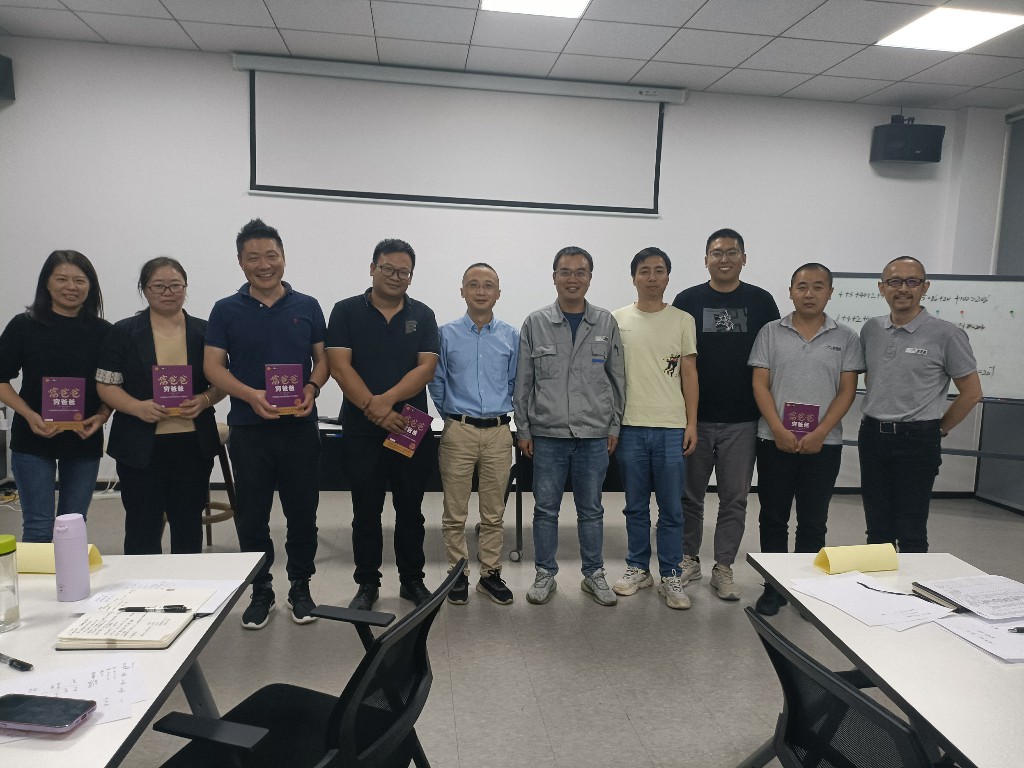

Location: Home > News > Company news
In late October and early November, our company’s training school successfully held two financial management training camps aimed at helping company managers better master financial management techniques, improve management levels, and enhance profitability.
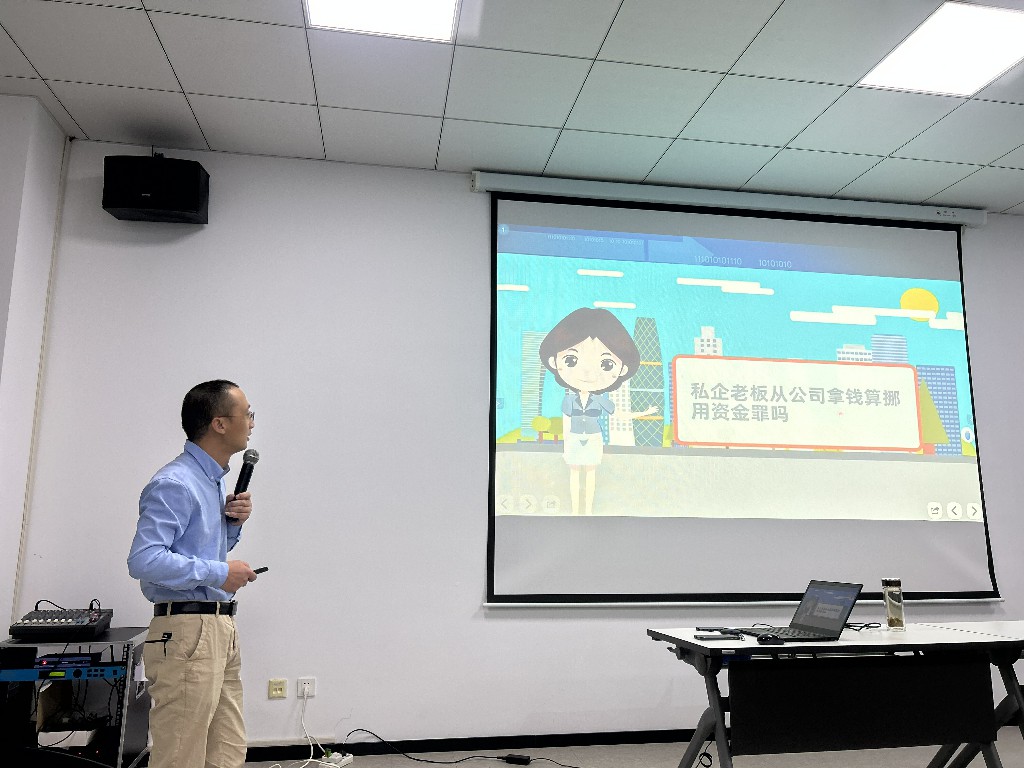
The training camp began with Financial Director Chen Yaming explaining basic financial knowledge and terminology, providing everyone with an initial systematic understanding of finance. Using humorous and vivid language, Director Chen elucidated the lesser-known logic and stories behind equity, assets, liabilities, cash, taxes, and budgeting.
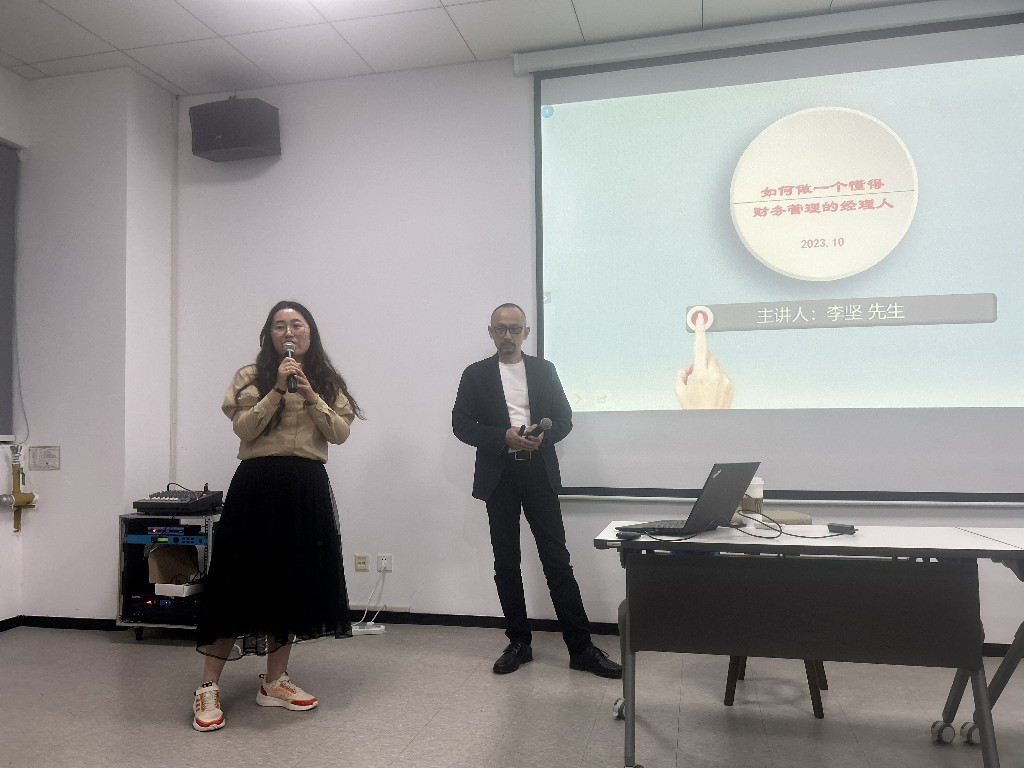
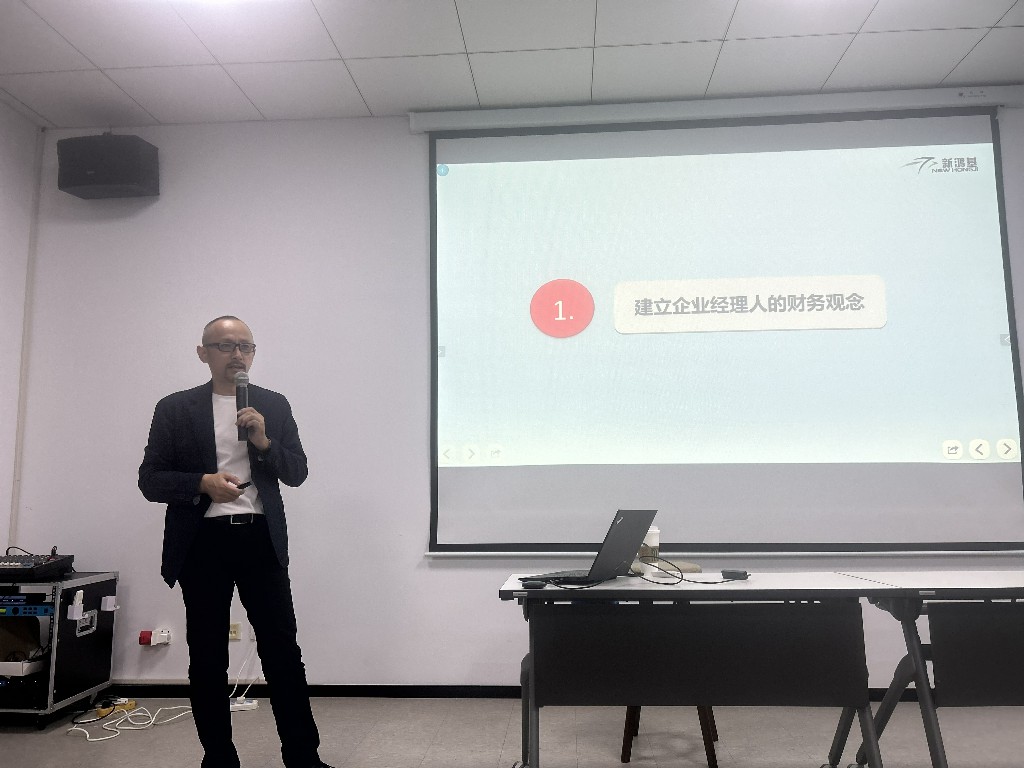
General Manager Li Jian, who is also the principal of New Hongji Training School and a senior corporate trainer, conducted an in-depth financial management training. The nearly 8-hour course, delivered over two sessions, focused on the "Sixteen Rulers of Financial Management" and "Five Methods to Enhance Profit." Through practical cases, General Manager Li explained the core principles and practical techniques of financial management in an accessible manner, and the participants engaged actively and learned extensively.
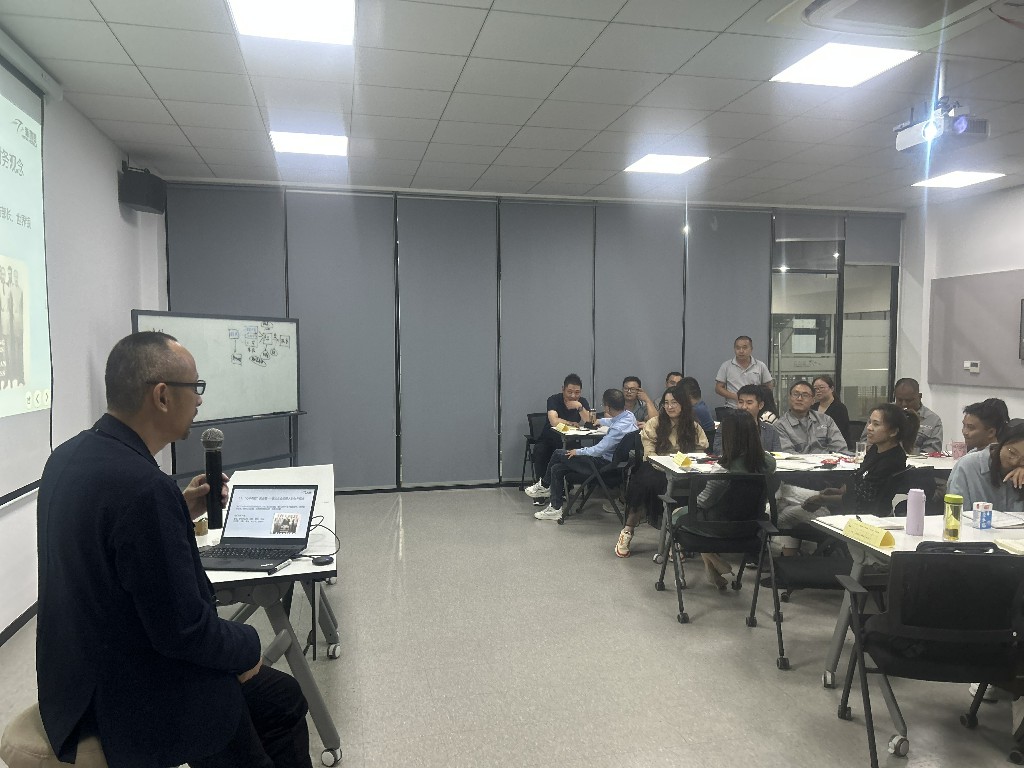
General Manager Li introduced the concept and importance of the Sixteen Rulers of Financial Management, covering financial planning, budgeting, cost control, cash flow management, tax planning, and financial report analysis. These rulers provide a comprehensive financial management framework for business managers. By delving into the meaning and application of these principles, participants learned how to use financial management knowledge to improve economic efficiency.
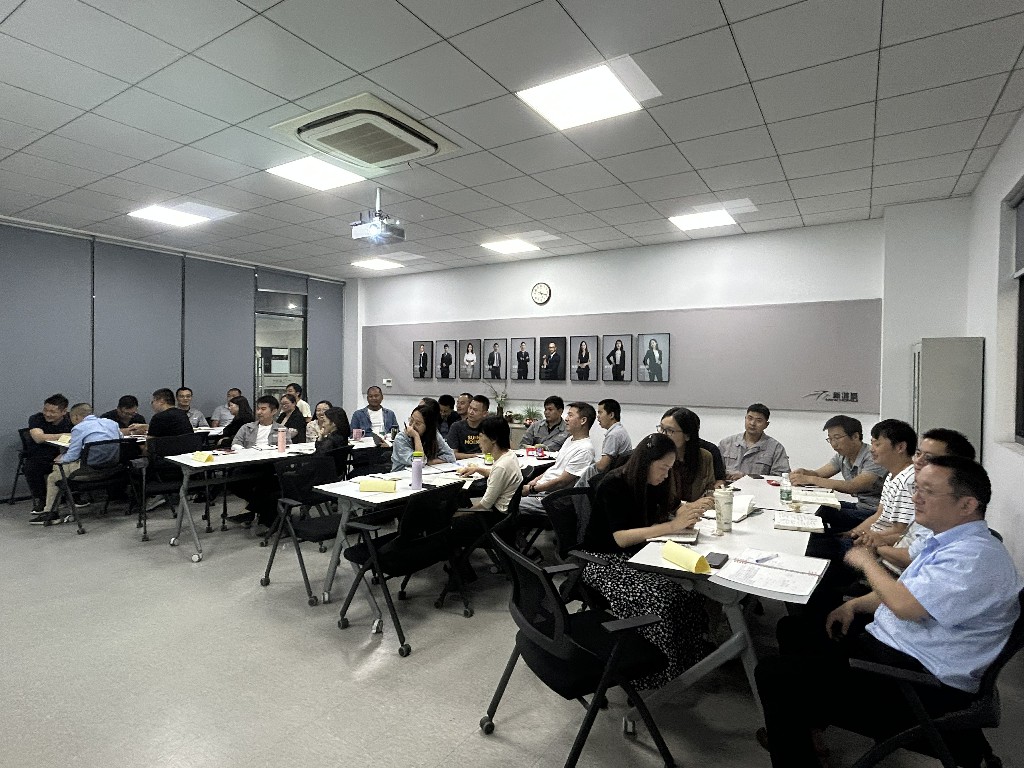
In the essence of the course, General Manager Li detailed the five methods to enhance profits. First, the impact of price changes on business operations, which is the most complex decision. Second, the impact of sales volume changes on operations. Third, optimizing direct costs by improving supply chain management to reduce procurement costs and enhance product quality, and by implementing refined management to reduce energy and material consumption costs. Fourth, controlling fixed expenses, which are strategic decisions to be considered before investment. Once fixed assets are invested, efforts must be made to turn them into cash continuously. Fifth, making effective use of variable expenses, expanding market channels to increase sales revenue, utilizing tax policies for tax planning to reduce tax costs, and achieving effective asset utilization through capital operations to improve return on capital. Implementing these combined strategies provides a pathway to maximize profits for the enterprise.
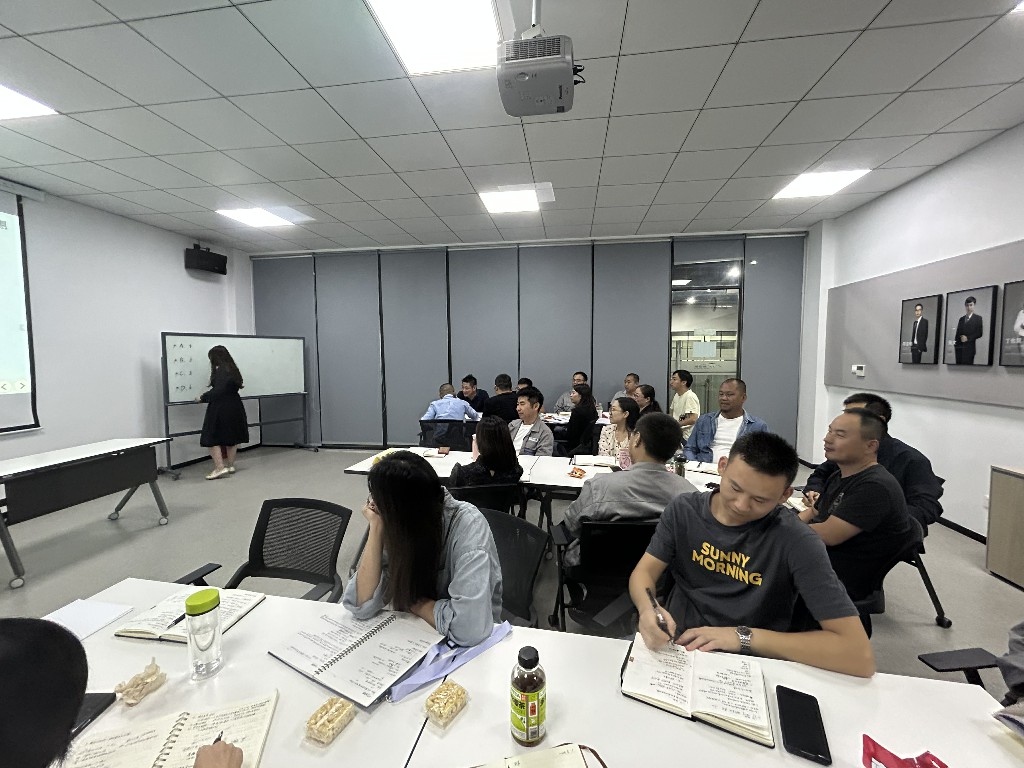
The course was well-paced, with a lively classroom atmosphere. Participants eagerly engaged in discussions, contributing to their group’s scores. General Manager Li concluded with a case study on turning a group company from loss to profit, summarizing and showcasing the training camp's content. New and veteran participants from various groups actively discussed and collaboratively produced satisfactory answers.
